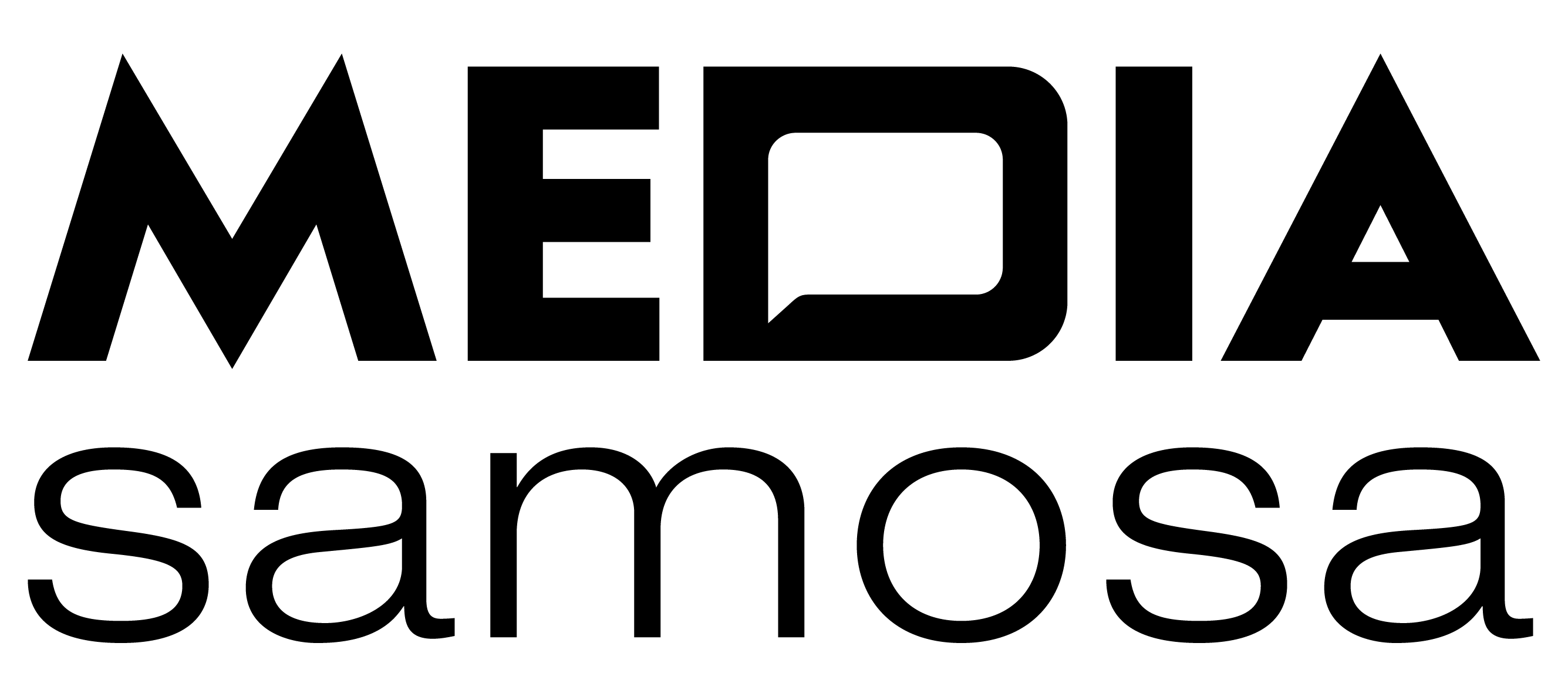
Looking at a few stats, according to statista, the Indian fairness cream market was worth about 450 million U.S. dollars during April 2017. Aspiring to have fairer skin is common in the country while demand for fair-complexioned brides and grooms act as a catalyst to the phenomenon. Questions are often asked over our obsession with fair-toned skin and why dusky humans are subjected to racial discrimination even today bearing the burden of superiority complexes and racial prejudices. Fairness Cream ads have been accused of encouraging this mindset.
While it has been a long-standing debate over advertisements promoting fair skin, recently the Ministry of Health and Family Welfare finalized Drugs and Magic Remedies (Objectionable Advertisements) (Amendment) Bill, 2020 under which the proposed draft amendment bans advertisements of products that promote fairness creams, enhance sexual performance, cure premature aging and greying of hair, improvement in height of children or adults, increase in brain capacity and memory, improvement in strength of teeth and vision, change of foetal gender by drugs.
It also suggested increasing penalties and sought a revision with the fines. For the first conviction, the proposed punishment is imprisonment of up to two years and fine up to Rs 10 lakh. If followed again, the imprisonment may extend to five years with a fine of up to Rs 50 lakh.
In light of the proposed draft, we reached out to a cross-section of industry experts to know its implications and communication challenges if passed as the bill and brought into effect.
The Big Implications
 Shweta Purandare, Secretary-General, The Advertising Standards Council of India (ASCI) thinks that the proposed DMR bill 2020 is an important development and would lend strong support to ASCI’s efforts of Suo Motu monitoring of misleading advertisements in the Healthcare sector.
Shweta Purandare, Secretary-General, The Advertising Standards Council of India (ASCI) thinks that the proposed DMR bill 2020 is an important development and would lend strong support to ASCI’s efforts of Suo Motu monitoring of misleading advertisements in the Healthcare sector.
“Consequences of advertisements in violation of DMR regulations are serious and this would result in better compliance from advertisers as well as media concerned, be it an advertisement of Allopathic product or AYUSH products,” she added.
Some of the major companies operating in the fairness cream & bleach market of India are Dabur India LimitedITC Limited, L’Oreal India Private Limited, Nivea India Private Limited, Emami Limited, Hindustan Unilever Limited, Procter & Gamble Home Products Private Limited, Patanjali Ayurved Limited, Nature’s Essence Private Limited CavinKare Private Limited, Avon Beauty Products India Private Limited, VI-JOHN India Private Limited and Himalaya Drug Company Private Limited, VLCC Health Care Limited.
 Firstly, marketers who deal with products such as these will be that much more circumspect in their communication. Harish Bijoor, Brand-strategy specialist & Founder, Harish Bijoor Consults Inc. shared, “These products will still run in the market, but will go into the marketing darknet of the unadvertised product that is still out there, lurking for your attention. Penalties as stiff as they are will be a deterrent for sure. Products will live and thrive. Advertising related to them will die”.
Firstly, marketers who deal with products such as these will be that much more circumspect in their communication. Harish Bijoor, Brand-strategy specialist & Founder, Harish Bijoor Consults Inc. shared, “These products will still run in the market, but will go into the marketing darknet of the unadvertised product that is still out there, lurking for your attention. Penalties as stiff as they are will be a deterrent for sure. Products will live and thrive. Advertising related to them will die”.
 Meanwhile N.Chandramouli, CEO TRA Research is of the opinion that the proposed draft is a very important amendment to the earlier act which was not comprehensive. The Magic Remedies objections are for inflated claims by advertisers which mislead consumers. He further noted, “Many big and small advertisers have been blatantly using ambiguity or non-inclusion under law to sell to unsuspecting consumers and made multi-crore businesses out of these”.
Meanwhile N.Chandramouli, CEO TRA Research is of the opinion that the proposed draft is a very important amendment to the earlier act which was not comprehensive. The Magic Remedies objections are for inflated claims by advertisers which mislead consumers. He further noted, “Many big and small advertisers have been blatantly using ambiguity or non-inclusion under law to sell to unsuspecting consumers and made multi-crore businesses out of these”.
 If brought into effect, fairness as a category will have to redefine how they communicate. Today they do promise ‘fair skin’, they may need to redo the brand language. As per Naresh Gupta, CSO and Managing Partner, Bang In The Middle, they may start to say skin lightener, de-tan cream, skin glow cream etc. In many markets of the world, this terminology exists. What he would really like to see is a ban on ads that treat dark skin as a curse.
If brought into effect, fairness as a category will have to redefine how they communicate. Today they do promise ‘fair skin’, they may need to redo the brand language. As per Naresh Gupta, CSO and Managing Partner, Bang In The Middle, they may start to say skin lightener, de-tan cream, skin glow cream etc. In many markets of the world, this terminology exists. What he would really like to see is a ban on ads that treat dark skin as a curse.
 Agreeing with the above, Ashit Chakravarty, Vice President- Account Management and Planning, Dentsu Webchutney too hails the amendments as they will ensure that fraudulent and manipulative claims are curbed further.
Agreeing with the above, Ashit Chakravarty, Vice President- Account Management and Planning, Dentsu Webchutney too hails the amendments as they will ensure that fraudulent and manipulative claims are curbed further.
 Sharing his views on the proposed draft, Tarun Rai, Chairman, and Group CEO, South Asia, Wunderman Thompson said, “I have not seen the details of the draft bill so I really can’t comment. However, I do believe, that self- regulation is the ideal way to curb irresponsible advertising. We do have bodies like ASCI which could play a more active role”.
Sharing his views on the proposed draft, Tarun Rai, Chairman, and Group CEO, South Asia, Wunderman Thompson said, “I have not seen the details of the draft bill so I really can’t comment. However, I do believe, that self- regulation is the ideal way to curb irresponsible advertising. We do have bodies like ASCI which could play a more active role”.
We should see ads that use that unsubstantiated claims or exaggerated benefits reduce. While a lot of consumers can today see through these claims, there are still many who are naïve or are gullible and end up getting taken advantage of. Many times such claims tug severe emotional and physical voids as well as fuel societal obsessions. The amendments proposed factors in new products as well as new mediums.
Chakravarty added, “Adding the influence of internet-based advertising to the act is a welcome step as there is a rampant presence of such advertising on the internet. This act should regulate the menace of misleading advertising; as now there will be a provision to monitor and task such attempts. The online space will surely show visible results once the amendment is implemented.”
The Challenge of Communication
As per the “India Fairness Cream & Bleach Market Overview, 2018-2023” report, the women’s fairness cream category is anticipated to achieve market revenues of more than Rs. 5,000 crore by the year 2023. Bollywood A-listers like Shah Rukh Khan, Deepika Padukone, Yami Gautam, Katrina Kaif, et al have lent their faces for whitening cream commercials. Gautam has also been at the receiving end of hate comments and trolls as she endorsed Fair & Lovely which is touted as a “skin lightening cream”, though the commercial featured a dusky woman gaining confidence to show up to the world only after applying the cream.
On the other hand, Nandita Das, an actress and a social was at the helm of an online movement against fairness products with ‘Stay Unfair, Stay Beautiful’. It is no news that brand endorsers too face the brunt when the products they promote come under the spotlight in a negative sense.
Though there are a few brands who stood up against racial prejudices and conveyed ‘Dark is also beautiful’ through their communication; biggies like HUL, Johnson, and Johnson, P&G have fallen under the scanner owing to their products preferring and promoting white skin benefits.
With the proposed bill being a reality thereafter, how would the communication revolving such products shape up? According to Bijoor, communication challenges are easily met. “A simple diktat. Tell the truth in your advertising. Stop promising the moon and offering moonshine instead”.
Apart from print and TV, it will be interesting to see the impact of advertisements on Social Media as well as on the advertisers’ websites. Purandare observed here, “We would expect this effect to trickle to advertisements by AYUSH doctors and Clinics propagating “guaranteed cure” as the Central Council of Indian Medicine has taken cognizance of DMR violations in the past and had issued an advisory to State Councils for their action.”
Most marketing efforts have already moved away from this kind of advertising. Marketeers have realized that being deceptive in their advertising eventually harms the residual equity of their brand. Regulatory steps like these give out a clear signal to stay away from trickery and embrace truthful practices.
“The alternative is to be genuine and meaningful to get results. Consumers know when they see ads and therefore instead of trickery, it would be best to make consumers realize that communication is worth their time,” shared Chakravarty.
For Gupta, it will depend on the contours of law and also will depend on leeway that the law will leave for brands to play in. He added, “Will the law allow ‘fair’ to be used in a brand name? If it doesn’t then there is a major change that will happen, but if it lets brands use the word, not much will change”.
“Skin lightening products are the worst culprits and it is not an Indian market alone, as is often thought. Globally this market is expected to reach nearly $9 Bn by 2027 as claimed by some reports. Many such products will have to rethink their entire communication strategy, as most have created huge markets by embedding a negative sentiment in the consumer to push purchase,” asserted Chandramouli.
You can see the extreme extensions that such products have taken with despicable products like vaginal lightening creams. Such products may even lose its market altogether. The alternative, according to him is for brands to resort to science, rather than claims of magic remedies and to ensure that they keep genuine consumer benefit at the center of their campaigns.
The right move?
Gupta thinks it is the best move that could have been made. Selling fairness or selling cures are not ethical, and brands need to be made to play by the rule book. Echoing similar views, Bijoor too feels that consumers need to be protected. To an extent, they are the most innocent in the marketing spectrum of stakeholders.
This amendment will bring caution to brand custodians to be extremely careful in their claims, and make sure only those that are scientifically supported can be claimed.
Chandramouli commented, “Such a move helps the consumer become more trusting of the brands that they desire on a daily basis, as they will know that the law is keeping them from harm. Such an amendment creates a better environment for consumers to trust brands in general”.
Presenting the agency pov, Chakravarty asserted that as agencies they want to believe the claims that businesses they partner make about their products and services are truthful and aimed to better the lives of the society at large.
However, as agencies are not equipped to verify these claims independently, there are many historical examples where certain categories of products and services have been advertised and have eventually turned out to be harmful. He believes that this is a move in the right direction since it clears the air on what is manipulative and what is not. “In a way, it also empowers agencies to become whistleblowers if need be”.
Comments
comments
